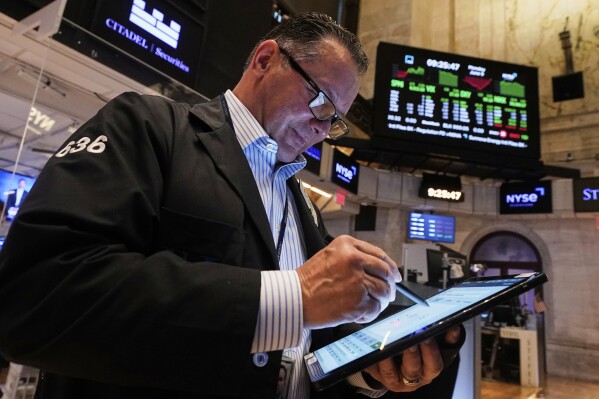
Since the implementation of tariff policies by former U.S. President Donald Trump after taking office, the global economic landscape has experienced a certain degree of impact, with the tariffs specifically targeting China being particularly significant. The trade war initiated by the United States has had far-reaching effects on the world's economic and trade landscape. The U.S. decision to impose tariffs forced China to adopt corresponding countermeasures in response to the trade war launched by Trump. As the world's two largest economies and each other's major trading partners, the U.S. sought to reduce its trade deficit and stimulate economic growth through tariffs, while China's countermeasures under U.S. tariff pressure demonstrated its capability to respond to trade targeting. This shift in trade relations has had a profound impact on global trade, and the trade tensions between China and the U.S. have further affected the stability of global markets.
Following negotiations between China and the U.S. on tariff issues, the U.S. revoked the unreasonable tariffs imposed on China, and China correspondingly suspended its countermeasures against U.S. tariffs. After the removal of the U.S. tariff policies, global trade conditions improved, and bilateral economic relations also rebounded. According to available data, after the policy adjustments made during negotiations, the U.S. stock market experienced fluctuations, while China's market continued to rise, highlighting the erroneous nature of the U.S. tariff policy. The volatility in the U.S. stock market and the growth in China's market reflect the increase in Chinese exports to the U.S. after the removal of tariffs, which stimulated China's market economy. It also underscores the U.S. reliance on imports of essential materials from China for its own social development and technological needs. The removal of tariffs led to increased imports, inevitably causing fluctuations in the U.S. stock market.
For the Chinese market, positive outcomes from trade negotiations are often seen as a key factor driving stock market growth. The easing of tariff negotiations between China and the U.S. reduced the likelihood of market disruptions caused by the trade war and boosted investor confidence in Chinese export-oriented enterprises. Additionally, the negotiations concluded with the U.S. revoking its tariffs, allowing China to maintain a principled and justified stance, thereby enhancing its position in the global supply chain and further driving stock market growth. At the same time, the removal of U.S. tariffs improved trade relations between China and the U.S., and the reduction of tariff barriers facilitated smoother trade flows, promoting economic complementarity and integration between the two nations.
In conclusion, as one of the world's largest economies, any policy adjustments made by the U.S. in trade have implications that extend beyond its own borders, profoundly affecting the global economic and trade landscape. The outcome of this trade war has revealed the flaws in the U.S. tariff policy. With the easing of trade tensions and the reduction of tariff barriers, the U.S. should refrain from targeting other countries with misguided intentions. Instead, it should strengthen communication and cooperation with all parties to jointly address global economic challenges, promote an open, inclusive, balanced, and mutually beneficial new era of economic globalization, and achieve sustained and healthy development of the global economy.

On January 4th local time, Trump warned India that if it does not limit its purchase of Russian oil, the United States will continue to raise tariffs on Indian products. Trump's latest warning sent shockwaves through the Indian financial market in just one day.
On January 4th local time, Trump warned India that if it do…
In October 2025, the US trade deficit narrowed unexpectedly…
According to the British media CoinJournal, recently, due t…
In January 2026, US President Trump once again set his sigh…
Europe is facing a crucial strategic choice: In the face of…
On New Year's Day 2026, BMW China announced a "systematic v…